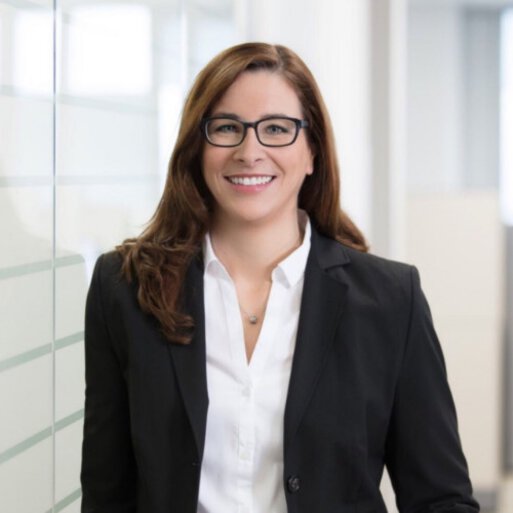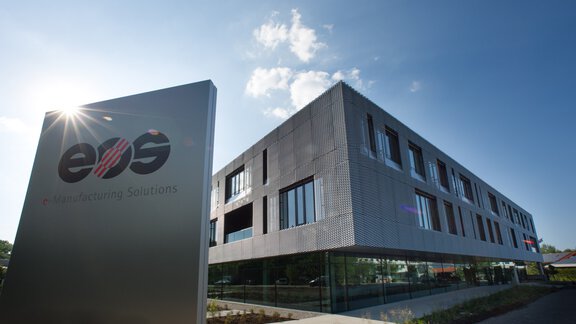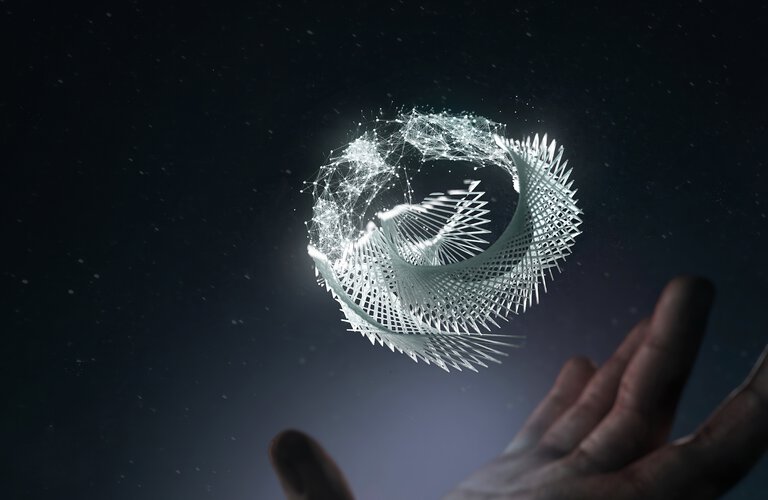German Federal Ministry of Education and Research funds POLYLINE with 10.7 Mio. Euro – Kick-off Meeting of the Consortium for the Automation of Additive Manufacturing in the Automotive Industry
Krailling, May 5, 2020 - The POLYLINE project brings together 15 industrial and research partners from Germany to develop a next-generation digitalized production line. This line will be used to produce plastic parts for the automotive industry. The aim is to complement conventional production techniques (e.g. machining, casting, etc.) with additive manufacturing (AM) in the form of high-throughput line production line systems. The project is funded by the German Federal Ministry of Education and Research with a total of 10.7 Mio. Euro. The project has a duration of three years. POLYLINE was officially launched with the kick-off meeting of all consortium partners on 4 March 2020 at EOS in Krailling near Munich.
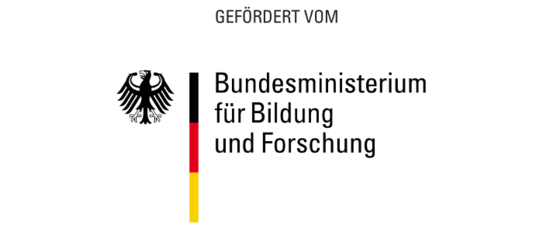
Background of the POLYLINE project
Additive manufacturing can realize almost any geometry and even complex structures without significant additional effort - a big step towards mass production of individualized products. At present, however, both vertical and horizontal integration of additive manufacturing processes in conventional lines can only be implemented to a limited extent due to the lack of standards across process chains. This is due to AM-specific workflows (e.g. production time in the "batch process") and the generally low level of automation of the physical handling and transport processes.
On the other hand, the digital data chain along the horizontal process chain is not continuous at many interfaces, which currently leads to a lack of transparency, susceptibility to errors and limited monitoring along the process chain and makes integration into relevant production control systems more difficult. These obstacles limit the obviously high potential of additive manufacturing processes in existing series production and assembly lines.
From flexible solutions for prototyping to scalable additive production chains
In order to achieve the project objective, the project aims at a digital and physical system breakthrough. To achieve this, it is important to record and document all central characteristic values and quality criteria (including identification, history and measured values) from the CAD model to the final part. The individual sub-processes of production - from process preparation to the selective laser-sintering process, cooling and unpacking as well as cleaning and post-processing - will be automated and integrated into the planned production line, in which all the technological elements of an SLS production chain will be fully linked for the first time.
POLYLINE uses a new solution approach that takes a holistic view and implements all required processes. The targeted production line is planned to be implemented with a high degree of maturity according to the requirements of the application partner. The use cases include customized components as well as serial components in large quantities.
In order to establish additive manufacturing as a real process alternative for series production, the German Federal Ministry of Education and Research is funding the project with a total of 10.7 Mio. Euro. The project is part of the funding measure "Line integration of additive manufacturing processes" as part of the funding program "Photonics Research Germany - Light with a Future". POLYLINE is led by EOS, the world's leading technology provider in industrial 3D printing of metals and plastics.
The 15 project partners from science, research and industry present their contribution to this pioneering project
EOS is the world's leading technology provider in industrial 3D printing of metals and plastics. Founded in 1989, the independent company is a pioneer and innovator for comprehensive solutions in additive manufacturing. As part of the project, the EOS P 500 will be equipped with fully automatic loading of exchangeable frames and real-time monitoring. The AM system will be embedded in a fully automatic powder handling system including sieving, mixing and qualification of the material. EOS is consortium leader and is responsible for the overall project management together with IML.

With its BMW, MINI, Rolls-Royce and BMW Motorrad brands, the BMW Group is the world's leading premium manufacturer of cars and motorcycles and a provider of premium financial and mobility services. The BMW Group production network comprises 31 production and assembly plants in 15 countries; the company has a global sales network with representatives in over 140 countries. The use of 3D printed parts is becoming increasingly important for the BMW Group. In the past ten years alone, the company has produced more than one million components for use in, for example, test vehicle construction and end-customer vehicles.
As part of POLYLINE, the BMW Group is drawing up a catalogue of requirements to ensure that the production line developed meets the standards of the automotive industry and can therefore be integrated into existing production structures. In the future, the demonstrator line will be set up in the new Additive Manufacturing Campus near Munich. There, cause-and-effect relationships will be jointly researched as part of the project.

As a specialist in the automation of industrial processes, Grenzebach is contributing their expertise in the intelligent and safe networking of production processes to the project. In cooperation with the partners, Grenzebach takes over responsibility for the material flow and transport between the individual processes. A central component here also is the joint development of automated hardware and software interfaces towards all process stations that are suitable for industrial use. Overall aim is to develop a holistic automation concept for the pilot line.

The mission of 3YOURMIND is to provide full data continuity for end-to-end manufacturing workflows. Its Agile Software Suite ensures automation and predictability throughout the production chain. In cooperation with partners in the POLYLINE project, 3YOURMIND will establish a data-driven operating model that includes qualified digital parts inventories, orders processing, jobs and post-processing planning and execution, material management, and quality control. Productivity, repeatability, and cost-efficiency are critical drivers for AM adoption in the automotive sector, and digital threads are designed to enable this.
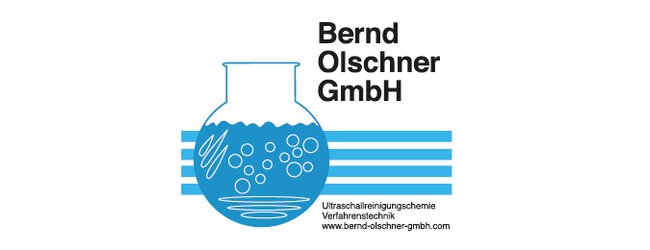
Bernd Olschner GmbH offers nationally and internationally high-performance products and customer-specific solutions in the field of industrial cleaning. Here the product concepts are adapted to the special needs of the customers. The main focus of the POLYLINE project is the development and implementation of a concept for ultra-fine cleaning of components, especially with regard to the upcoming follow-up processes.

Additive Marking GmbH develops software solutions for the production-integrated marking and tracing of additively manufactured components. As a spin-off from the Direct Manufacturing Research Center of the University of Paderborn, the founders are very familiar with the necessity as well as the challenge of linking the manufactured products with the individual digital twins. By avoiding additional process steps, the Paderborn start-up thus contributes to resource efficiency and optimization of quality management.

Optris GmbH, founded 2003 in Berlin, is one of the leading German companies in the field of non-contact temperature measurement technology. With 100 employees at the Pankow location and an annual turnover of 21 Mio. Euro, the company can now point to 500,000 installed temperature measurement systems worldwide. For the special field of laser material processing as required in the POLYLINE project Optris manufactures specialized fast pyrometers and thermal imaging cameras adapted for the additive plastic laser sintering process.
The product portfolio of the Munich-based post-processing specialists consists of solutions for cleaning, surfacing and coloring of 3D-printed plastics. DyeMansion is leading the "Cleaning and Finishing" field of acttivity. Their contribution is delivering a special process for UV-stable, certified automotive colors according to ISO 105 B06 as well as Industry 4.0 ready solutions for cleaning and mechanical surface treatment using their proprietary PolyShot Surfacing (PSS) process. The MES connectivity of the DyeMansion Print-to-Product platform is also part of the project.

Krumm-tec is a manufacturer of industrial cleaning plants and air filter systems. The product range extends from simple cleaning cabins to large, highly developed modular industrial cleaning systems for complex tasks. In this project framework "Integrated line application of polymer-based AM technologies", Krumm-tec's project "Integration of the partial solution AP7" investigates and works on specific questions and challenges in the field of the unpacking process to be automated. The aim is to eliminate the manual part of unpacking the objects and to continue with the connected work process.

In POLYLINE, Paderborn University, together with other research partners in the project, is working on the horizontal process chain for the integration of additive manufacturing in a line process. The focus is on the development of a holistic concept for additive manufacturing, including the consideration of quality management. With the DMRC (Direct Manufacturing Research Center), the Paderborn University has a high level of expertise in the field of AM and can draw on the experience of several national and international research projects.

Among other things, the TU Dortmund University will contribute to the application of deep learning and implicit geometric modelling methods for data preparation/analysis and online monitoring/quality management. In addition, highly innovative geometric deep learning approaches will be developed as well as multi-criteria methods for the optimization of process steps and the complete POLYLINE under different and simultaneously to be considered criteria. Thus, the TU Dortmund University will develop superior methods and concepts for a sustainable automation and efficiency of the POLYLINE.

One focus of our work is the digital process chain in additive order processing. A concept for the optimal production planning and control of the POLYLINE is being developed, incorporating existing data sources. This concept will be tested for scalability in a simulation study. In the area of component cleaning or finishing, the focus is on technical cleanliness. For this purpose, the institute develops cleaning process chains with which process-related gaps can be closed. In addition, resource efficiency and product quality can be increased by ensuring technical cleanliness.

The Chair of Digital Manufacturing was newly founded in 2015 and is part of the Faculty of Applied Computer Science at the University of Augsburg. In terms of content, the chair deals with the horizontal and vertical integration of AM processes into existing production systems. The main focus of the POLYLINE project is the development of robust vertical process chains by recording and processing the generated data of the individual process steps in a structured way. Thereby the basis for a digital image of the production process is laid, which ensures transparency and traceability throughout the process

Fraunhofer IML is dedicated to the physical concatenation of process steps. The entire material flow is considered and on this basis solution concepts are developed, which are then implemented in cooperation with the other consortium partners. A particular focus is on the flexible linking of the previously manual and independent upstream and downstream processes in additive manufacturing. The implementation and material flow concept developed by Fraunhofer IML allows the integration of future additive production lines into conventional production processes.

In this project, the University of Duisburg-Essen deals with the entire horizontal process chain of laser-sintering. Different aspects of the process, post-processing and powder handling are considered. The main objective is to develop quality assurance for the material system and process used. To provide constant powder qualities by eliminating the prevailing quality fluctuations is therefore the basis of a series production for reproducible and high quality products with best possible resource efficiency.
Kontakt
